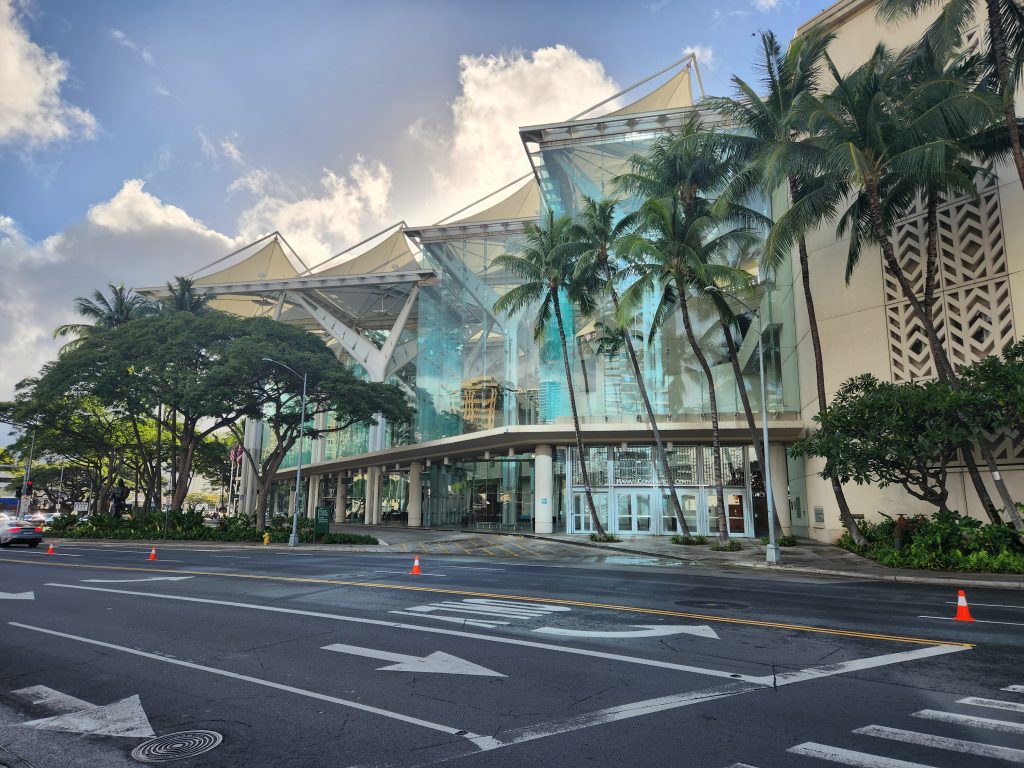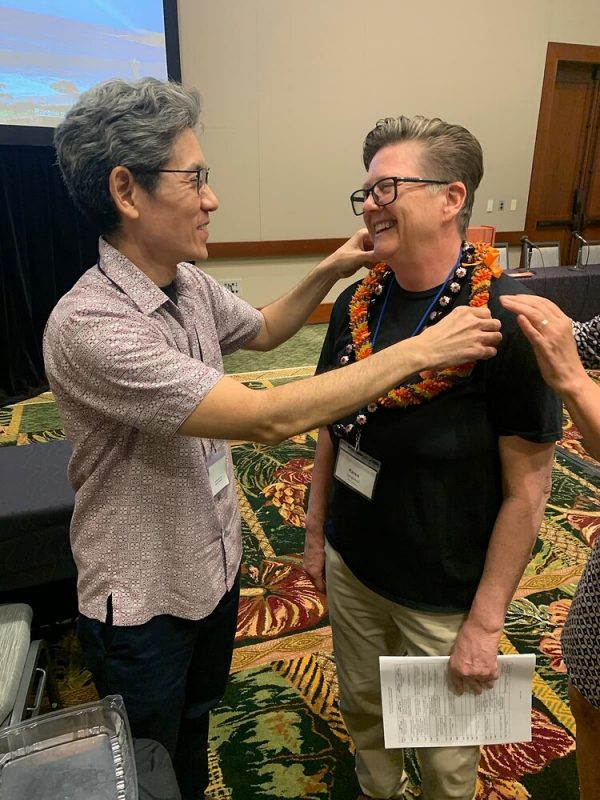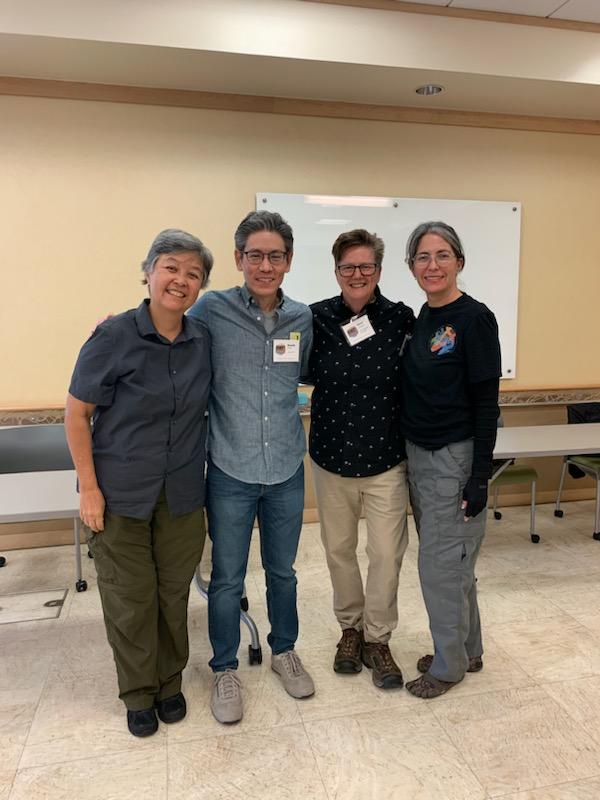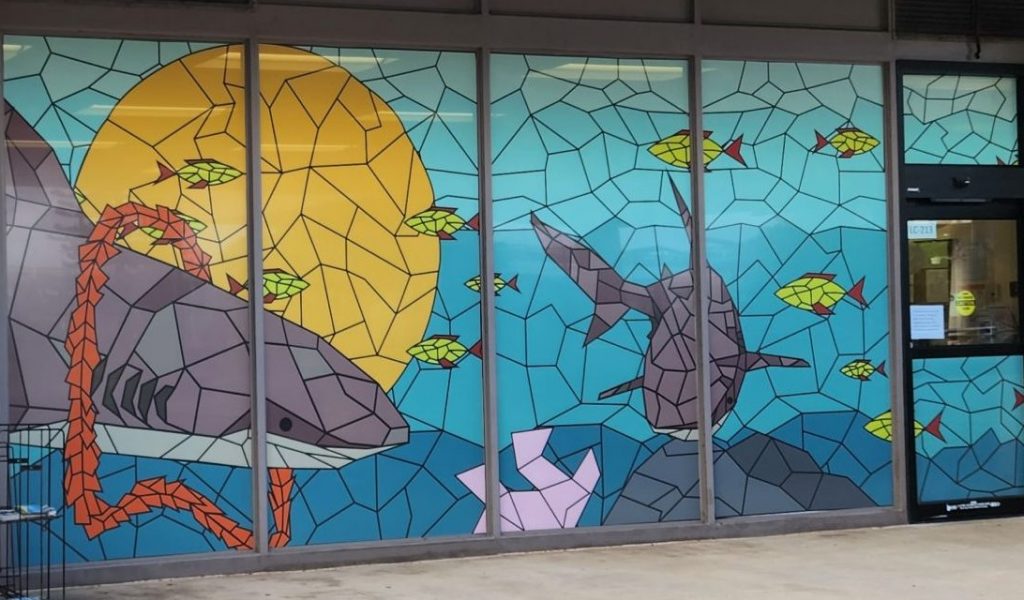Karen Cangialosi is the new Director of Membership at OEGlobal and is no stranger to OEGlobal, having been the program director of the Regional Leaders of Open Education or RLOE program for three years.


On March 2nd, Karen was excited to kick start OEweek events by hosting a workshop on Open Pedagogy and Social Justice with participants from Kapiʻolani Community College and others from the 7-campus University of Hawai‘i Community Colleges System.
The workshop was hosted by Wayde Oshiro (Leeward Community College, University of Hawaiʻi) as a UHCC OER initiative before the Hawaii Student Success Institute (HISSI) Conference on March 2 for UHCC faculty, lecturers, staff, and administrators. (Access Karen’s presentation slides here.)
The workshop was run in collaboration with Rebecca Vasquez Ortiz from RLOE (Santa Ana College, California) and Sunny Pai (Kapiʻolani Community College), both CCCOER and OEGlobal members and part of the University of Hawaiʻi Community College System. Wayde Oshiro further supports open education as an executive committee member of CCCOER.

On March 3rd, Karen, Wayde, Sunny, and Rebecca continued to share about Open Education, presenting at the HISSI Conference (access presentations here). This conference was an incredible experience and an opportunity to engage with some of the most passionate educators in the world. The University of Hawaiʻi OER portal can be accessed here.
The University of Hawai’i Community Colleges consists of seven campuses. It is part of a larger University of Hawai‘i System, which includes ten campuses and dozens of educational, training, and research centers across the Hawaiian Islands.
UHCC’s open education platforms include an Open Education Resources portal and a commitment to zero textbook costs through the TXT0 program. In 2021-22, 36% of UHCC classes did not have textbook costs, providing a USD4,5 million in direct savings for students.
Feature image credit: a Shark Mural was created by Leeward Community College student artist Taylor Wilson. Photo by Karen Cangialosi.
If you were at either of these events, we’d love to hear about it!
OEG Connect is the global forum for open educators and activists. On it, you can chat with colleagues and discuss what is important to you. If you were at the events mentioned above or have something more to share about UHCC’s Open Education activities, please let us know by clicking the reply button below to share!

